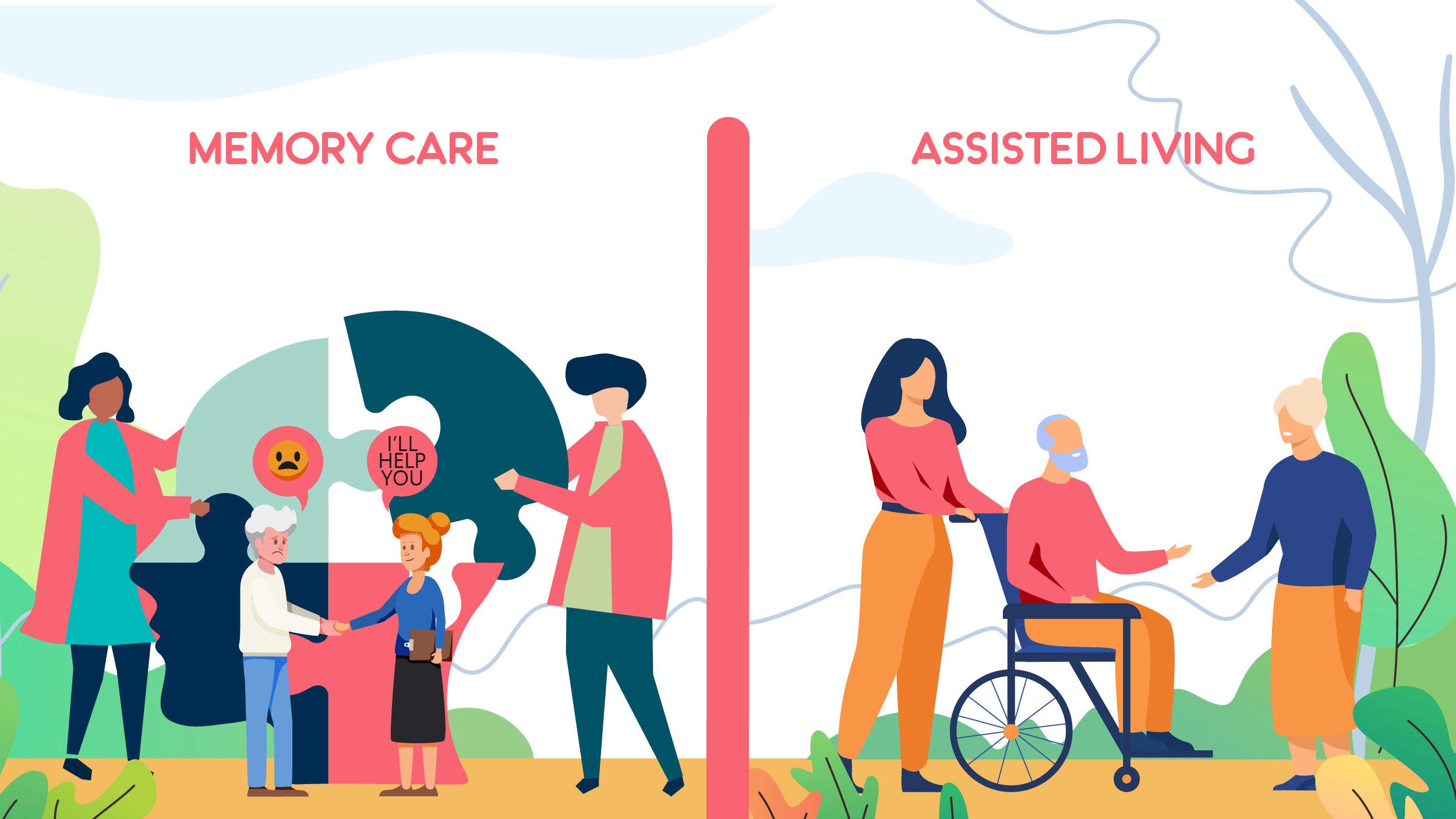The Benefits of Choosing Professional Alzheimers Care Charlotte Facilities
The Benefits of Choosing Professional Alzheimers Care Charlotte Facilities
Blog Article
Creating a Safe and Encouraging Environment for Alzheimer's Care
The creation of a encouraging and secure environment for individuals with Alzheimer's is vital in boosting their top quality of life. Checking out these diverse approaches can expose critical insights right into effective caregiving strategies that might change the day-to-day experiences of both people and caretakers.
Understanding Alzheimer's Needs
Frequently, individuals with Alzheimer's disease exhibit a range of needs that require tailored approaches to care. As the condition proceeds, cognitive decrease shows up in numerous means, affecting memory, reasoning, and even the ability to perform daily tasks. Caretakers have to identify these progressing requirements to offer proper support and guarantee a better of life for those influenced.
One crucial aspect of understanding Alzheimer's demands is identifying the relevance of regular and experience. Individuals often locate convenience in recognized patterns, which can decrease stress and anxiety and complication. Caretakers must aim to develop structured everyday routines that incorporate meaningful tasks lined up with the person's capabilities and interests.
Furthermore, effective interaction is critical. People with Alzheimer's may struggle to share themselves or comprehend complex language. Caretakers ought to use basic, clear language, use non-verbal hints, and method energetic listening to cultivate understanding and link.
Lastly, psychological and social needs can not be ignored. Offering opportunities for social communication and maintaining partnerships can considerably enhance psychological wellness. Caretakers should urge engagement in neighborhood activities or household celebrations, promoting a feeling of belonging and objective. Comprehending these varied demands is vital for developing a supportive care setting.
Designing a Safe Home
Producing a risk-free home for people with Alzheimer's illness is necessary to minimizing risks and advertising freedom. The style of the space ought to prioritize safety while enabling personal convenience. Remove possible threats such as loosened rugs, sharp objects, and clutter, which can lead to falls or accidents. Make sure that pathways are clear and well-lit, as correct lighting decreases disorientation and enhances flexibility.
Incorporating flexible functions is additionally critical. Set up grab bars in bathrooms and near stairways, and consider utilizing non-slip mats in wet locations. Furthermore, utilizing different shades for floors and wall surfaces can aid in differentiating rooms, assisting to minimize confusion.
Knowledge is essential for people with Alzheimer's. Personalizing the atmosphere with familiar items and pictures can reinforce a sense of belonging and security - Alzheimers Care Charlotte. It is likewise advantageous to have actually a designated location for everyday activities, such as analysis or crafting, which can supply structure to their day
Last but not least, executing a safe and secure outside room permits secure exploration while linking with nature. By attentively designing the home setting, caregivers can significantly improve the top quality of life for individuals living with Alzheimer's illness.
Enhancing Interaction Abilities

Non-verbal interaction, consisting of facial expressions, gestures, and touch, plays a vital function in conveying compassion and understanding. Maintaining eye call and a tranquil temperament can boost the comfort level of the person, promoting a sense of safety and security.
In addition, it is very important to exercise active listening. This entails being totally present, showing perseverance, and enabling the person to share themselves without disturbance. Repeating might be needed; caregivers should be prepared to take another look at concerns or topics, as people with Alzheimer's may fight with memory recall.
Furthermore, using aesthetic aids or signs, such as photos or familiar items, can help with acknowledgment and interaction. Inevitably, improving communication abilities has to do with building depend on and creating an environment Recommended Reading where people feel heard, valued, and recognized, therefore enriching their lifestyle.
Motivating Social Interaction
Fostering purposeful social interactions can greatly boost the well-being of people with Alzheimer's disease. Involving with others not only assists combat sensations of isolation yet also promotes cognitive feature and psychological health. Structured social activities, such as team crafts, games and arts, or songs treatment, produce chances for locals to get in touch with peers and caretakers, which can cause boosted mood and lowered stress and anxiety.
Creating a welcoming environment that encourages socializing is crucial. This can be accomplished by preparing communal spaces that facilitate interaction, such as cozy seating locations or activity spaces. Additionally, integrating culturally appropriate and familiar activities can stimulate memories and motivate involvement, enabling individuals with Alzheimer's to feel more connected to their past experiences.
Additionally, caregivers need to be trained to acknowledge and advertise social interaction among residents. By prioritizing social communication, we can substantially enhance the lives of those living with Alzheimer's, fostering a feeling of area and belonging.
Supporting Caregiver Health

To support caretakers, organizations ought to supply normal training and educational resources to boost their understanding of Alzheimer's disease and caregiving methods. Giving accessibility to respite care services enables caretakers to take essential breaks, decreasing anxiety and exhaustion - Alzheimers Care Charlotte. Additionally, fostering a community with support system can promote psychological sharing and the exchange of sensible advice among caregivers, creating a network of mutual support
Mental health and wellness resources, such as counseling services, can likewise be crucial in resolving the psychological toll caregiving can take. By prioritizing caregiver well-being, we produce an even more lasting caregiving setting that not only profits the caregivers themselves however also improves the general top quality of treatment obtained by individuals with Alzheimer's. Ultimately, sustaining caretakers is an essential component in fostering a efficient and caring treatment setup.
Conclusion
Finally, the development of a helpful and safe setting for people with Alzheimer's is vital to improving their lifestyle. By focusing on safety through thoughtful design, fostering emotional well-being with familiar elements, and why not try this out promoting interaction with structured routines, caregivers can considerably impact the general experience of those impacted by this condition. Sustaining caregiver health is vital, as it eventually contributes to a more compassionate and effective care environment.
Rep might be required; caretakers need to be prepared to review subjects or questions, as individuals with Alzheimer's might struggle with memory recall.
Report this page